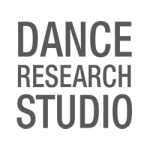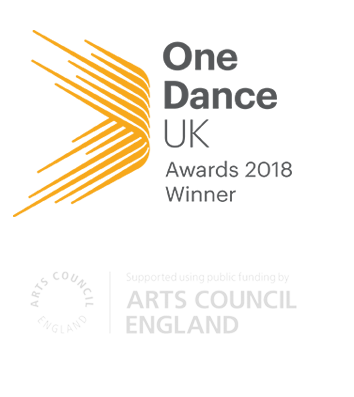Fergus Early
When I consider what are the major issues our dialogue has confronted, I come up with an overriding concern.
We are, it seems to me, looking at the fundamental question of our relationship to the planet we live on and all that lives and grows here. The sweeping permission granted to us by Genesis in the Jewish and Christian bible – allows us, humankind, dominion over all animals and creatures.
6] Then God said, “Let us make humankind in our image, according to our likeness; and let them have dominion over the fish of the sea, and over the birds of the air, and over the cattle, and over all the wild animals of the earth, and over every creeping thing that creeps upon the earth.”
[1:27] So God created humankind in his image, in the image of God he created them; male and female he created them.
[1:28] God blessed them, and God said to them, “Be fruitful and multiply, and fill the earth and subdue it; and have dominion over the fish of the sea and over the birds of the air and over every living thing that moves upon the earth.”
[1:29] God said, “See, I have given you every plant yielding seed that is upon the face of all the earth, and every tree with seed in its fruit; you shall have them for food.
So this dominion extends to plants and rocks and seas – it’s all just a playground for us humans. And we humans started to divide ourselves from ‘others’ – maybe Neanderthals? (we made short work of them). What else could divide us? The way we lived? the shape of our noses? We became ‘developed’, the others were ‘primitive’, equals only to those animals we already had dominion over.
Two of my earliest memories involve animals: in one I am in a kitchen with the nearby presence of a tabby cat, who was called Binnie. In another I am sitting with my back against the lying body of a dog, who was called Larry.I can still feel the exact feel of my spine and back against the dog and the miniscule weight exchanges as we slightly moved and breathed. At that moment, I do not think there was an issue of’ dominion’ between us. But now, even now, we are always trying to find the big, conclusive thing that differentiates us from all the other animals ,and we keep failing: maybe it is language, but the study of dolphins reveals that these marine mammals have a complex language. Maybe it is the opposable thumb which supposedly gives us an edge over all other animals in the way we can grasp and manipulate things. However, it turns out that there’s quite a list of animals with opposable thumb: gorillas, chimpanzees, orangutans, and other variants of apes; certain frogs, koalas, pandas, … And then, perhaps humans were the only animals that uses tools. No! several primates make and use tools and our own homely crow also does. So, in fact our ‘dominion’ does not rest on very firm ground. … Eugenics and the other ‘scientific’ forms of racism have sought to justify belief in the superiority of some groups of people over others, based on culture, skin colour, physical appearance etc., We find that such ‘racial’ theories promulgated by white supremacists fall apart at the first touch of any genuine knowledge of genetics – attempts to divide humans from each other have as little scientific justification as our attempts to divide ourselves from animals.
Mark Crocker, writing the Guardian newspaper’s Country Diary of 15th September 2020, reflects on the enormous delight of getting very close to some common lizards sunbathing in Derbyshire and his immense pleasure in ‘…the sense of apparent trust shown by another wild vertebrate…’ going on to observe that ‘Our species’ status as the top global predator has cordoned us off in a forcefield of dread and loneliness that repels almost every life form…’
Trapped in this bleak place of dread and loneliness’ we all too easily comfort ourselves with the notion that we are the most intelligent species. How can this be? What weird abuse of the word intelligent could possibly be applied to the way we are treating the planet, our home and only shelter? A useful definition of intelligence is the capability to adapt purposefully to a threat: ‘Intelligent behaviour is usually recognized when individual organisms including plants, in the face of fiercely competitive or adverse, real-world circumstances, change their behaviour to improve their probability of survival.’ (Paco Calvo, Minimal Intelligence Laboratory, Universidad de Murcia)
Plants, including trees, have been shown many times to meet this definition of intelligence, as also another definition – ‘the ability to store knowledge and learn from the memories of what happens to them.’ Through this pandemic summer I have often walked among the huge ancient forms of the oak trees of Epping Forest. Each massive presence is a world of its own, sheltering and supporting hundreds and thousands of, symbiotic plant, moss, lichen, insect, mammal and avian species, tending all of them for hundreds of years Each component part of this world, as well as the tree itself, must have faced and seen off innumerable threats, deploying all their mutually supportive intelligences in harmonic unity. I know I have the ‘intelligence’ to destroy an oak tree, but I could never have the intelligence to outthink one.
Finally, I wonder if we have lost touch with a central idea of beauty. For Keats and the Romantics ‘Beauty is Truth, Truth Beauty’ Although these ideas seem almost quaint in our brutal modernist and post–modern era, it will not be until we all recognise the beauty and intelligence of our entire world and everything in it that we will be home again.
As a small illustration of the truth and intelligence in the behaviour of one of our most beautiful, vital and most threatened species, watch the little film of the dance of the honey bee.






